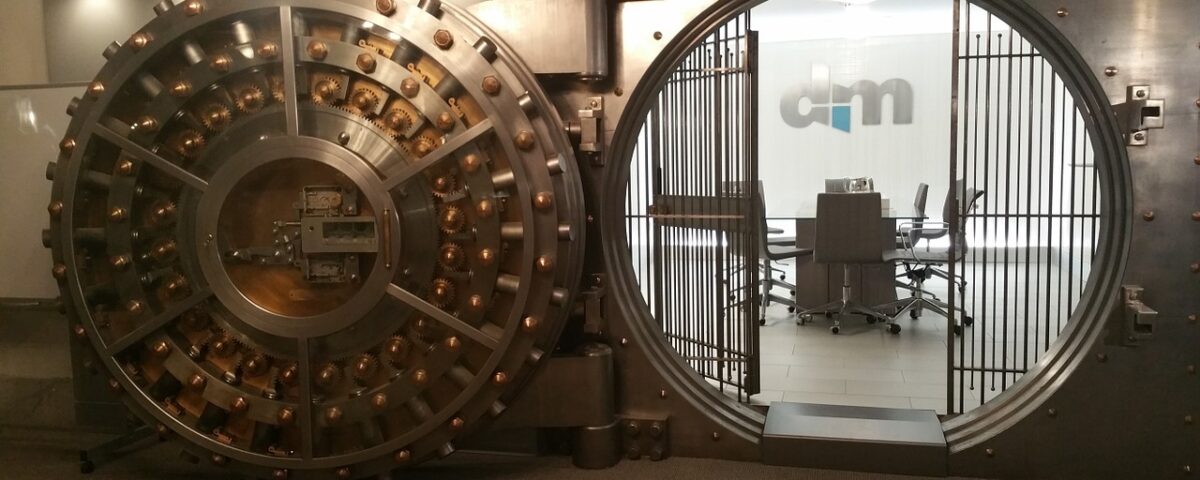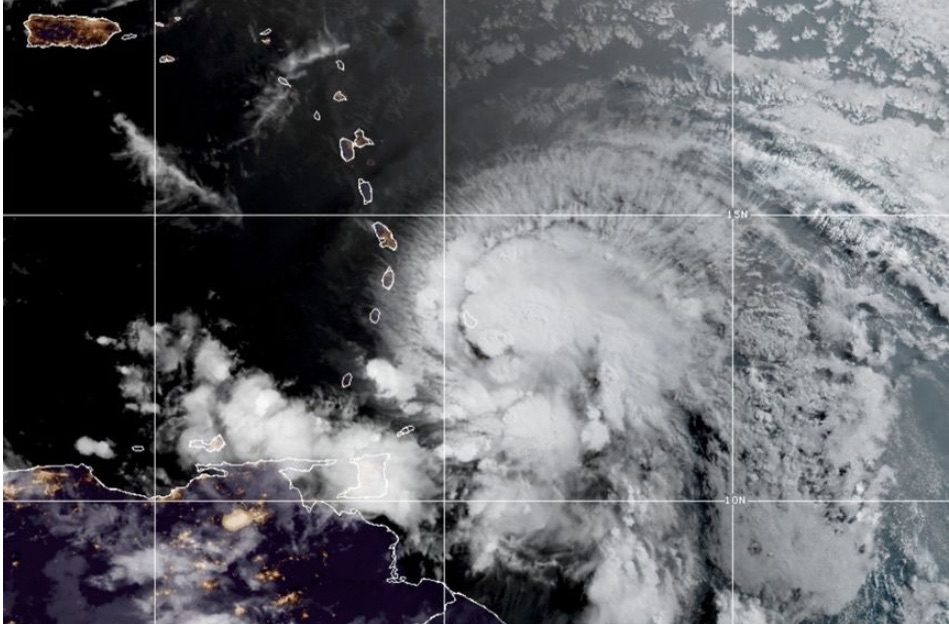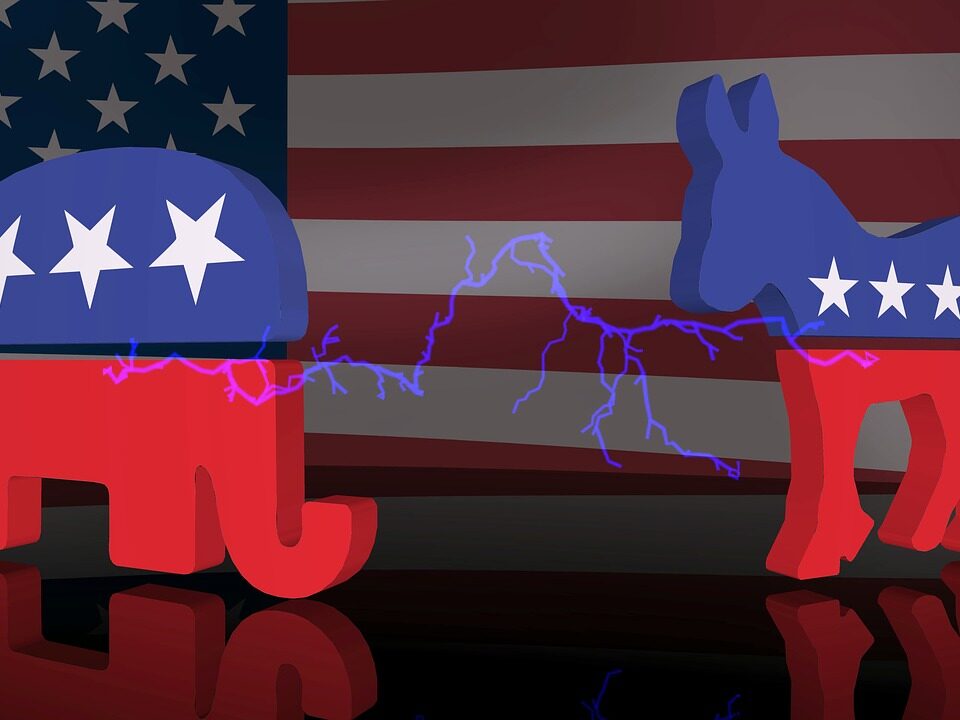
Our Weekly Economic News Roundup: From Baseballs to Meatballs
December 16, 2023
Why France Liked California Wine
December 18, 2023In Ukraine, businesses that ran from war torn cities had to open elsewhere. As one bullet-proof glass and armored car manufacturer explained, ” We even had to destroy our machinery, to make sure the Russians couldn’t use it…” But then, when they relocated 1,200 kilometers to the West, in Lviv province, they needed loans.
They reminded us that war zone banking was a necessity.
War Zone Banking
When Russia invaded Ukraine on February 24, 2022, people rushed to their ATMs. Soon though, according to Reuters, they realized it made no sense to hide your cash in a building that could be bombed.
As for the banks, they had to figure out how to deal with outages, less business activity, and more unpaid loans. They had to safely refill ATMs. While soldiers’ salaries were boosting deposits, 38 percent of all loans were non-performing. One of Ukraine’s largest banks had a 67.5 percent non-performing loan portfolio. Here, the war wasn’t even the problem. It was the Russian oligarchs that previously owned or founded Ukraine’s banks.
At the same time, the National Bank of Ukraine had to diminish the demand for cash while making it available. So, they encouraged cashless debit card transactions. But also, they equipped shelters with ATMs and established a nationwide network of more than two thousand branches that could withstand power and communication outages. Realizing women ran those branches, they provisioned them with lighter cans of oil for refueling generators. Through an online presence, they could function even when nearby physical infrastructure was devastated.
The National Bank of Ukraine:
 Our Bottom Line: Financial Intermediaries
Our Bottom Line: Financial Intermediaries
In war and peace, countries need financial institutions.
Called intermediaries by economists, they link the people with money to those who need it. They eliminate the need to find an individual who will pay for your house, your car, or your new factory. Banks are the go-to places for storing your money, paying your bills, and funding your business ventures. Pairing savers with the business firms that need money, we can call them matchmakers.
Like a heart keeps nutrient-laden blood flowing around our bodies, banks (and other financial institutions like insurance companies) pump money around our economy. Whether talking about a healthy body or a healthy economy, a heartbeat and a financial intermediary are crucial.
In Ukraine, when the war pushed manufacturers from their homes, financial intermediaries had the funds that they needed to restart. Bloomberg tells us that, with a 12 million Ukrainian hryvnya ($328,000) loan, the bullet-proof glass business is up to 50 percent of their pre-war output.
My sources and more: Learning that the Bank of Palestine moved millions from the north to the south, I wondered how Ukraine’s banking system was faring and found some answers at Reuters. In addition, the Japan Times (originally from Bloomberg) and this article had many believable (but unverifiable) details. And finally, for more on U.S. and Greek financial intermediaries, we described some here. Please note that after publication, I changed the title of “Our Bottom Line.”
![econlifelogotrademarkedwebsitelogo[1]](/wp-content/uploads/2024/05/econlifelogotrademarkedwebsitelogo1.png#100878)




